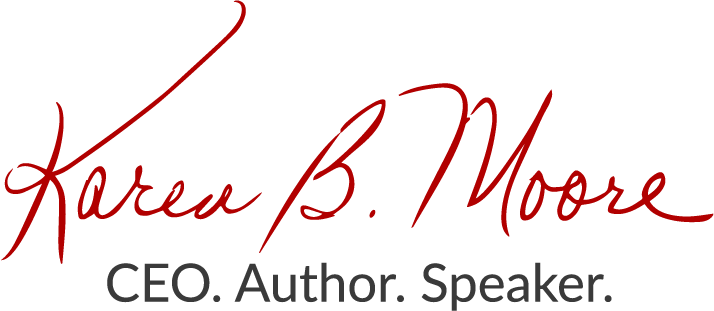Consumers today want to do business with organizations that accomplish good in the world alongside achieving their corporate goals.
Corporate social responsibility (CSR), a management concept whereby companies integrate social and environmental concerns into their operations, isn’t a trend. It’s becoming mainstream as more companies embed caring into the core of their operations to create shared value for society.
Businesses that make CSR a priority enjoy a variety of benefits including:
- Earning a reputation as a company that cares
- Gaining brand recognition and promoting the brand in a positive light
- Strengthening ties to the community
- Boosting employee morale and attracting more qualified applicants
- Generating media attention and good public relations
- Seeing increases in revenue
CSR is a concept ingrained in advocacy, a long-term, relationship-based approach that enlists the power of internal and external champions whose unified voice builds passion around your brand or cause.
Today, advocacy means solving issues and effecting change – inspiring collaboration to support causes and rally for brands; it’s integrating advocacy tactics with marketing strategies designed to influence decision makers.

Here are three companies – Ben & Jerry’s, Subaru and Southwest Airlines – winning through CSR and advocacy and what you can learn from them:
BEN & JERRY’S
What they do: Ben & Jerry’s is known for great ice cream, but the company is also known for its social values, which are front and center on its web site and social media channels. Ben & Jerry’s has taken clear positions on GMO labeling, climate change, fair trade and other issues and incorporates these into its communications.
Consider, for example, this blog on “Same-Flavor Relationships,” a fun look at combining ice cream flavors that underscores Ben & Jerry’s commitment to LGBT equality.
Why it works: People want to do business with companies that share their values. Ben & Jerry’s makes it easy for customers to know what it stands for as an organization. Yes, there are those that disagree with some of its positions, but Ben & Jerry’s is building loyalty among a core group of customers who keep coming back.
SUBARU
What they do: In addition to its corporate commitment to sustainability through zero-landfill production plants and fuel efficiency, Subaru of America Inc. encourages retailers to meet local needs through the “Subaru Love Promise.”
Retailers have hosted environmental awareness events, raised money for nonprofits, stuffed backpacks with food for hungry children and built homes. Subaru has contributed $50 million and 28,000 volunteer hours the past 20 years to diverse causes while creating one of the auto industry’s most loyal followings.
Why it works: Subaru allows employees to drive CSR at the local level. Tapping into employees’ passions increases engagement, creates pride in the organization and strengthens ties to the community.
SOUTHWEST AIRLINES
What they do: Since 2006, Southwest Airlines’ Nuts about Southwest blog has provided an inside look into the heart of the company through stories written by employees and customers.
Examples include a customer who was inspired to fulfill his lifelong travel goals after the death of a family member. He and his wife started traveling in 1999, using Southwest’s Rapid Rewards program to maximize their travel budget, and have now taken over 50 round-trip flights.
“I am following my dreams and living life today making memories and travelling to places that I always dreamed of,” Frank G. McCulley Jr. wrote.
Flight attendant Holly Hansen recently wrote about working on a flight that had been rerouted, causing inconveniences for many passengers including a woman who missed her son’s wedding. Hansen passed out pens and napkins and asked passengers to write down their advice for the newly married couple.
Social media audiences shared Hansen’s blog thousands of times.
Why it works: Southwest has empowered its employees and customers as brand ambassadors. Employees and loyal customers can be your company’s most effective advocates. They know your story better than anyone and wield strong credibility.
As more people turn toward their friends and family for advice on purchasing decisions, personal stories like those shared by Southwest create a ripple effect of influence.
The best CSR programs are those that align with your business, its personality and its purpose. Tap into your employees’ passions, engage employees and faithful customers as the “face” of your efforts and clearly communicate your company’s values.
When CSR is done well, a company can accomplish meaningful social change and reap internal benefits.
Karen B. Moore is founder and CEO of Moore Communications Group and author of “Behind the Red Door: Unlock Your Advocacy Influence and Success.”
